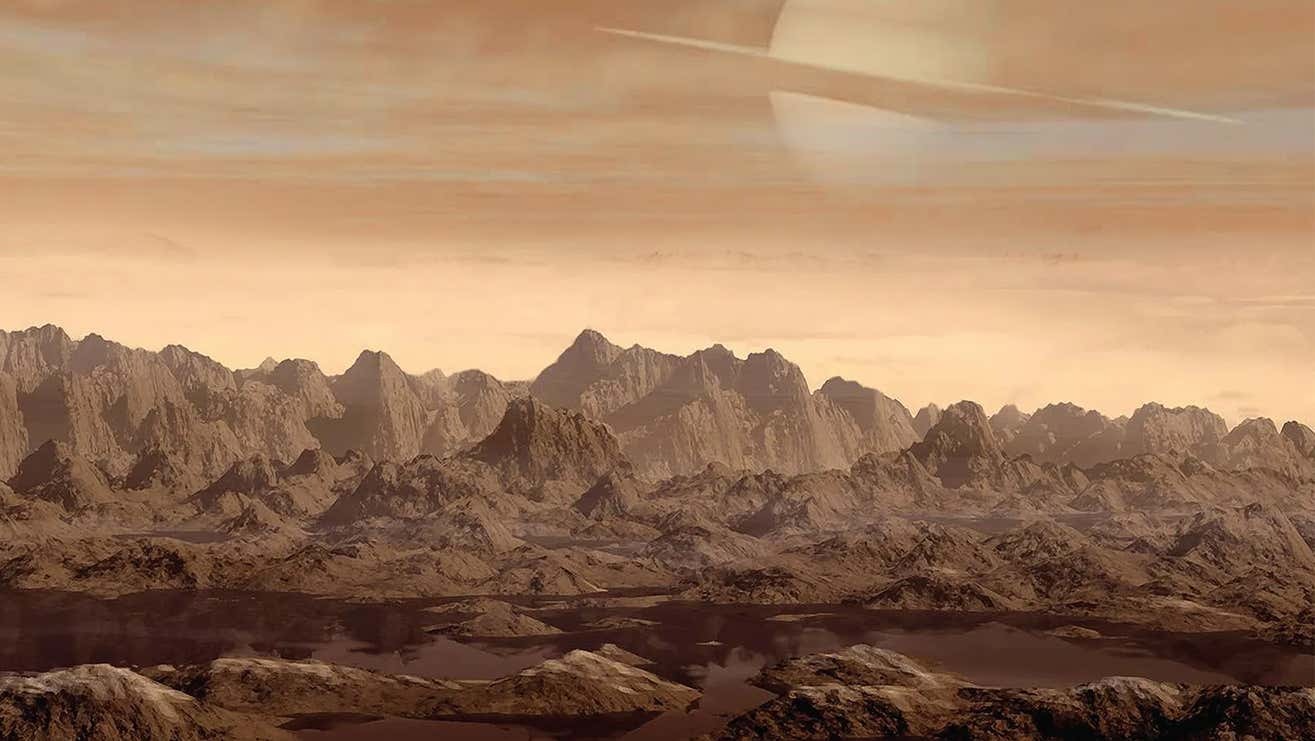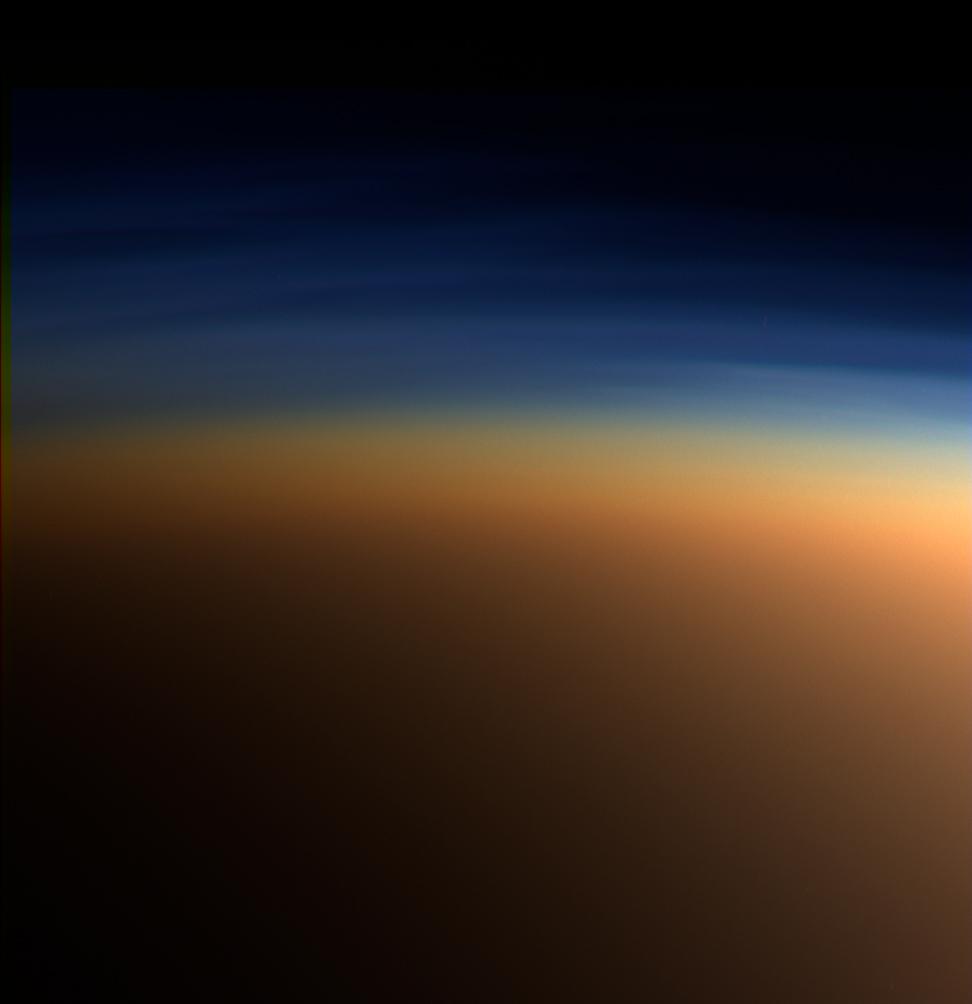An international team of scientists has published the results of a study focused on assessing the potential for life in Titan’s ocean. They concluded that the moon could support no more than a few kilograms of biomass.

Saturn’s largest moon, Titan, is a strange world whose surface is covered with rivers and lakes of liquid methane, icy boulders and dunes of soot-like hydrocarbon “sand.” In its interior hides a huge ocean, the depth of which can reach 480 kilometers.
Scientists have long been interested in answering the question of whether Titan’s ocean can support life. The default assumption is that the main advantage of the moon is the abundance of organic matter that organisms would be able to utilize for sustenance. However, the results of a new study published in The Planetary Science Journal cast doubt on this conclusion.
The authors of the study focused on fermentation. This is a process that requires only organic molecules, but not an “oxidizer” like oxygen, necessary for other metabolic processes like respiration. It is believed that it developed early in the history of earthly life.

For their analysis, the scientists took one organic molecule, glycine, the simplest known amino acid. It was relatively abundant in every form of primary matter in the Solar System. Astronomers find glycine on asteroids, comets, and in protoplanetary disks in other star systems.
However, computer modeling has shown that only a small fraction of the rich organic material on Titan’s surface may be suitable for consumption by microorganisms. Glycine-consuming microbes in the moon’s ocean will depend on a constant supply of the amino acid from the surface. And such an exchange would be severely hampered by a thick ice shell.
Previous work by the same team has shown that meteorites falling on Titan’s surface can leave behind pools of meltwater, which would then penetrate through the ice and deliver organics from the surface into Titan’s ocean. However, judging by the results of the new study, such a source would only be enough to sustain a very small population of microbes weighing only a few kilograms in total. This is equivalent to less than one cell per liter of water.
This means that if there is life in Titan’s ocean, then trying to find it may be comparable to looking for a needle in a haystack. Consequently, the moon’s uniquely rich organic composition cannot actually play an important role in the viability of its ocean to the extent that one might intuitively assume.
According to Phys.org


